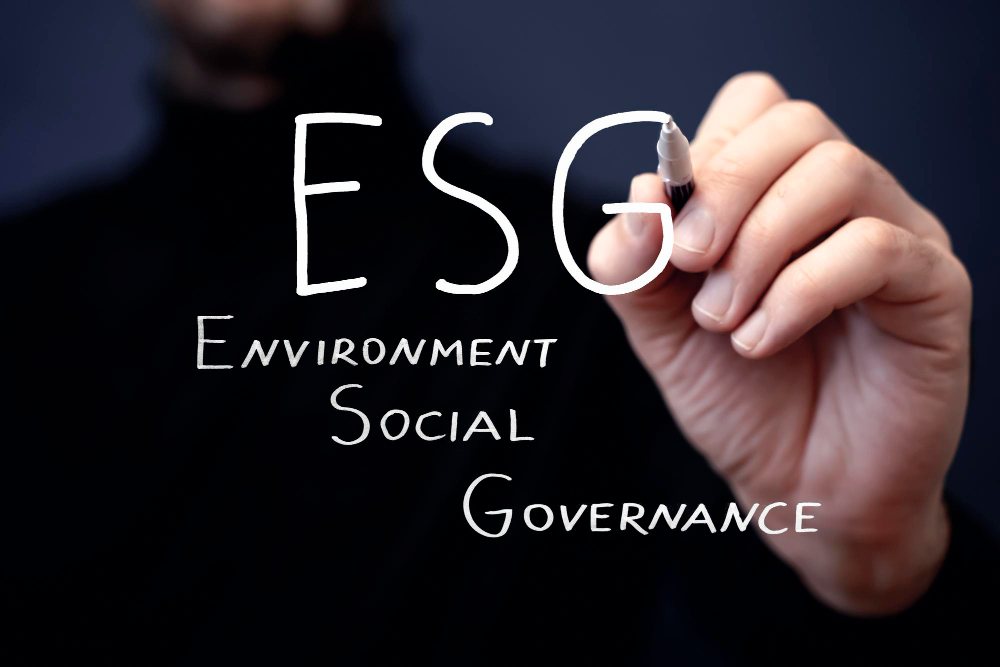In recent years, there has been a growing emphasis on environmental, social, and governance (ESG) factors in business operations. This shift towards sustainable practices is driven by the recognition that businesses have a responsibility to not only generate profits but also to consider their impact on the environment and society. In Malaysia, this focus on sustainability has led to the development of an integrated ESG framework – the i-ESG framework. But what is the link between ESG implementation and sustainability? In this article, we will explore how these two concepts are interdependent in Malaysia.
Understanding ESG Implementation
Before delving into the connection between ESG implementation in Malaysia and sustainability, let’s first understand what ESG implementation really means. ESG implementation refers to the integration of environmental, social, and governance factors into a company’s business strategy and operations. This includes considering risks and opportunities related to climate change, labor practices, board diversity, ethics, and more.
In Malaysia, the Securities Commission (SC) introduced the i-ESG framework in 2019 to guide companies in implementing ESG measures. Under this framework, companies are expected to disclose their ESG performance and risks in their annual reports. This not only promotes transparency but also encourages businesses to take action towards sustainable practices.
The Connection Between ESG Implementation and Sustainability
- Promoting Sustainable Practices
ESG implementation is crucial for promoting sustainable practices in Malaysia. By incorporating ESG factors into their operations and decision-making processes, companies can minimize their negative impact on the environment and society. This includes reducing carbon emissions, managing waste effectively, promoting ethical labor practices, and more.
These actions ultimately contribute to the overall sustainability of Malaysia by ensuring that resources are used efficiently and responsibly. As a result, future generations will be able to enjoy a clean and healthy environment and economic stability.
2. Enhancing Corporate Reputation
Implementing ESG measures can also enhance a company’s reputation among its stakeholders – including customers, employees, investors, regulators, and the community at large. By prioritizing sustainability, businesses can demonstrate their commitment to responsible practices and gain the trust of their stakeholders.
This not only helps build a positive brand image but also attracts responsible investors who are looking for long-term and sustainable returns. In Malaysia, companies with strong ESG performance are more likely to attract investments from these types of investors.
3. Contributing to Economic Growth
Sustainable practices can also contribute to economic growth in Malaysia. By considering ESG factors, companies can identify potential risks and take measures to mitigate them. This includes managing resource scarcity, reducing supply chain disruptions, and avoiding legal issues related to unethical practices.
Furthermore, as consumers become more environmentally and socially conscious, they are more likely to support businesses that prioritize sustainability. This can boost sales and drive economic growth in the country.
4. Meeting Stakeholder Expectations
In today’s world, consumers are not only interested in products and services but also the values of the companies they support. With growing awareness about environmental issues and social responsibility, stakeholders – including customers, employees, regulators, and investors – expect businesses to take action towards sustainability.
By implementing ESG measures, companies can meet these expectations and build trust with their stakeholders. This can lead to increased customer loyalty, improved employee morale, better regulatory compliance, and more responsible investments.
The Role of Government in Promoting ESG Implementation
While it is ultimately up to businesses to implement ESG measures, the Malaysian government plays a crucial role in promoting and supporting these efforts. The Securities Commission’s i-ESG framework provides guidelines for ESG implementation and encourages companies to disclose their ESG performance.
In addition, the government has also introduced various policies and initiatives to support sustainable practices. For example, the Green Technology Financing Scheme provides funding for businesses that implement green technology solutions. The Sustainable Development Goals (SDGs) provide a roadmap for Malaysia to achieve economic growth while ensuring environmental sustainability and social inclusivity.
Final Thoughts
It is clear that ESG implementation and sustainability are closely interdependent in Malaysia. By prioritizing ESG factors, businesses can promote sustainable practices, enhance their reputation, contribute to economic growth, and meet stakeholder expectations. With the government’s support, Malaysia is moving towards a more sustainable future – one that benefits both businesses and society as a whole. So let us all continue to prioritize ESG implementation and work towards a better tomorrow for ourselves and future generations. So why wait? Let’s take action now for a more sustainable Malaysia!
References:
- Securities Commission Malaysia (2019). The i-ESG framework. Retrieved from https://www.sc.com.my/regulation/guidelines/disclosures/esg-framework
- Malaysian Investment Development Authority (n.d.). Green technology financing scheme. Retrieved from https://www.mida.gov.my/home/green-technology-financing-scheme-gtfs/posts/
- United Nations Development Programme (n.d.). Sustainable development goals. Retrieved from https://www.undp.org/content/undp/en/home/sdgoverview/post-2015-development-agenda.html
Want to learn more? Read: What is i-ESG Framework and ESG Implementation in Malaysia









